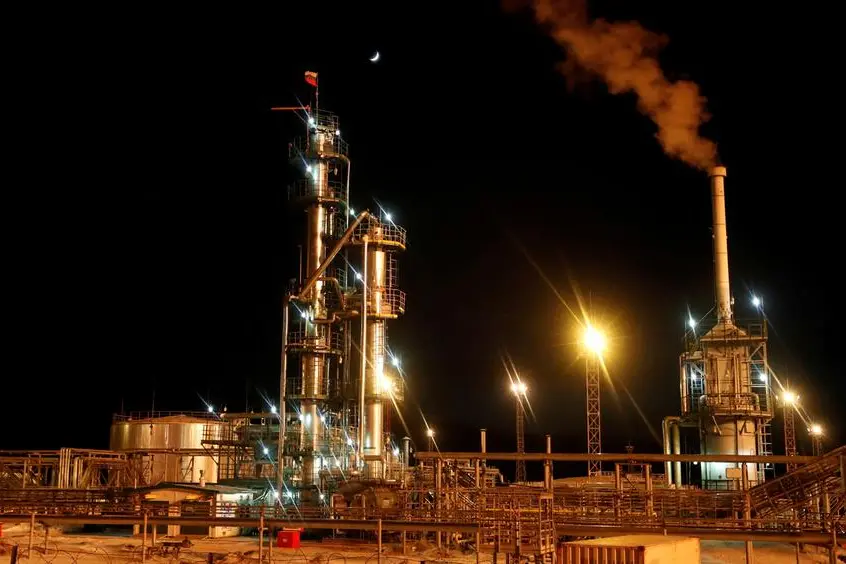PHOTO
MOSCOW - Russia will significantly increase oil loadings in September, bringing to an end steep export cuts in June-August, as peak refinery maintenance will free up more crude for sales outside the country, three industry sources said and Reuters calculations based on refining data showed.
Russian refineries are expected to cut runs by some 195,000 barrels pre day (bpd) or 0.8 million tonnes in September from August amid seasonal maintenance, meaning that volume can be diverted to export markets, Reuters calculations showed.
"It's quite difficult to postpone planned maintenance as it is critical for refineries to operate," said one of the sources, adding that exports are likely to increase.
Russian oil exports from western ports are set to fall by some 100,000-200,000 barrels per day in August from July levels, but in September may recover to levels not seen since last May, industry sources added.
Russia has voluntarily pledged to reduce its oil exports by 500,000 barrels per day (bpd) in August. The country has not revealed the baseline from which it will be cutting exports as opposed to previous production cuts for which concrete baselines existed.
But despite scepticism of many OPEC watchers, Russia did reduce exports by about 500,000 bpd over the course of several months. The three trading sources told Reuters they did not expect Moscow to extend its self-restriction on exports into September.
"I am 100% sure that Russia will not extend its voluntary oil export cuts into September. Russian oil exports in the second half of 2023 will peak in September or in October to the highest levels at least since last June," lead crude analyst at Kpler Viktor Katona told Reuters.
Russian export cuts have already led to a tightening of the market and higher prices for Urals crude. Last week, discounts for Urals oil to dated Brent narrowed to just $5 per barrel for delivery to Indian ports, compared to an estimate of $7-8 per barrel for end-July cargoes loading.
Rising Urals seaborne exports in September may result in softer prices for the grade, providing relief to Asian buyers, making Urals more attractive for customers in India and China, according to traders.
(Reporting by Reuters; editing by Jason Neely and David Evans)





















